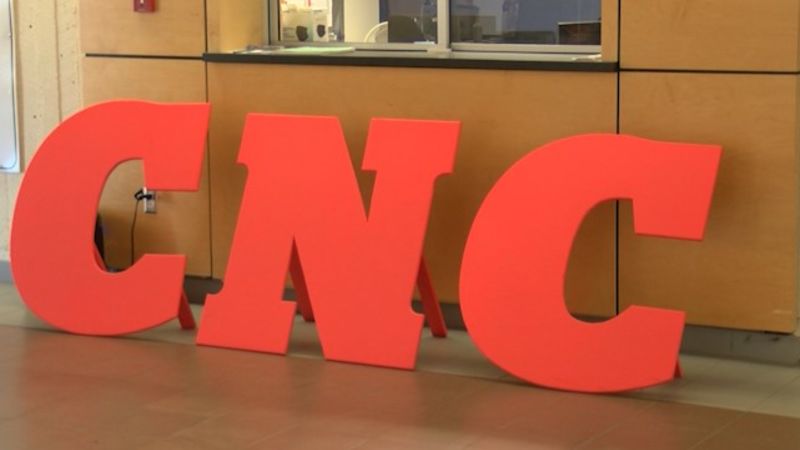
CNC looks at food security
PRINCE GEORGE – The College of New Caledonia is looking into the possibility of sourcing food in this region, something that hasn’t happened in years.
“I just have a personal interest if being sustainable is possible and having your own resources at home. And so I do a big garden at home and I have chickens at home and hopefully be raising some pigs this year,” explains Shelby Roberts, who is heading up the work for the College of New Caledonia.
